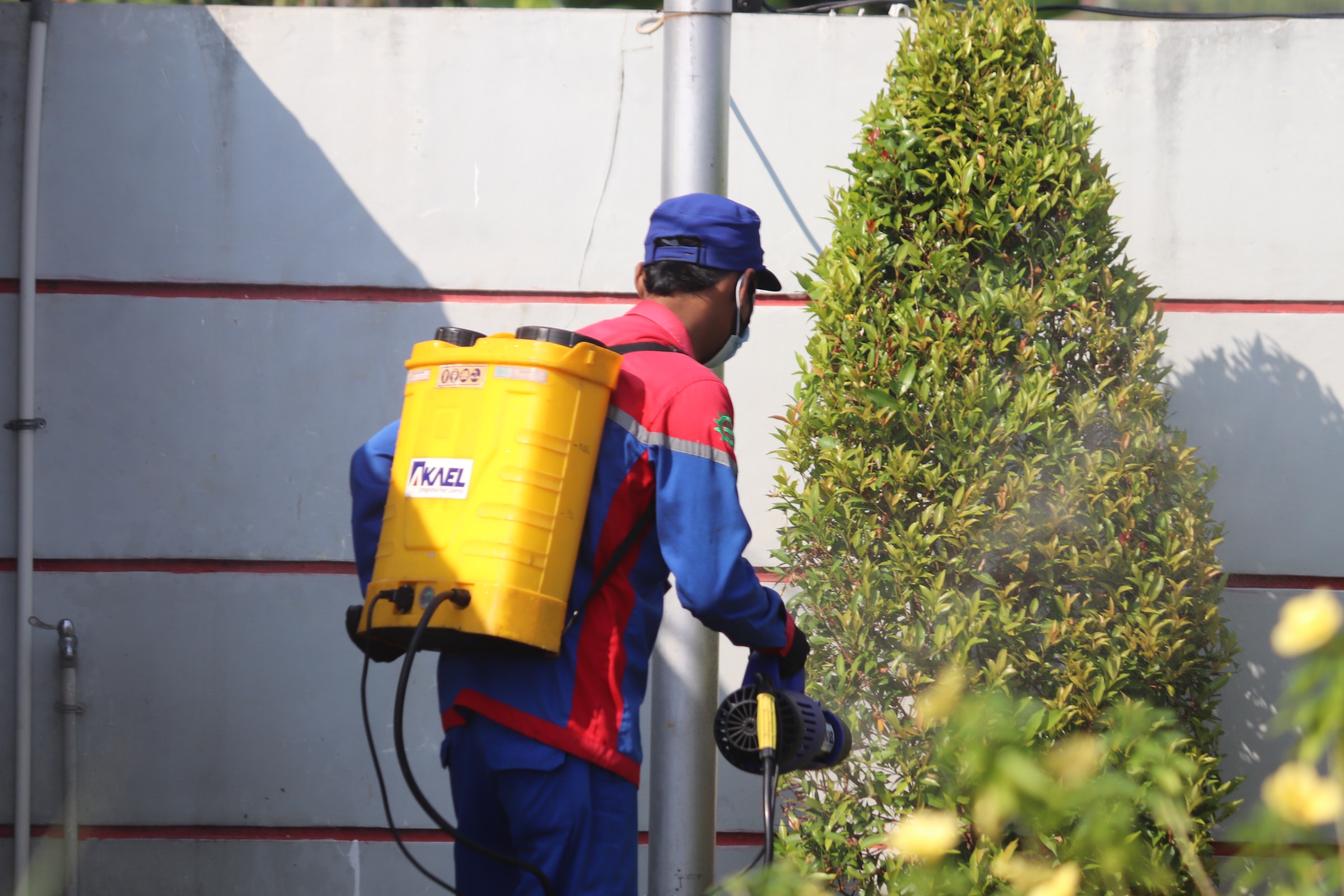Incarcerated Alabamans and labor organizations have filed a federal class action lawsuit against the state of Alabama, demanding an end to the controversial forced prison labor system. This system "leases" incarcerated individuals to major companies such as McDonald's, KFC, Burger King, and Wendy's.
The lawsuit alleges that Alabama generates $450 million annually through this practice, as per The Union Journal.
Allegations of Modern-Day Slavery
The lawsuit argues that the state's practice of prison labor amounts to "modern-day slavery." Truth Out reported that incarcerated individuals are compelled to work, often receiving minimal to no compensation, while their labor benefits government entities and private businesses.
Filed in the U.S. District Court for the Middle District of Alabama, the suit represents a group of ten Black plaintiffs who assert that parole denials are systematically used to maintain a pool of workers, disproportionately affecting Black Alabamians compared to white candidates.
The lawsuit's primary objective is to secure compensation for incarcerated individuals who have been exploited within Alabama's forced prison labor system. The suit argues that this system is discriminatory and directly violates a 2015 state law requiring evidence-based parole decisions from the Alabama Bureau of Pardons and Paroles.
The state's alleged denial of parole to Black Alabamians at a rate twice that of white candidates perpetuates this exploitative cycle.
Widespread Exploitation and Profits
Since 2018, over 575 businesses and more than 100 public agencies in Alabama have engaged incarcerated individuals for various tasks, including janitorial work, driving, metal fabrication, landscaping, and even fast-food service. The lawsuit claims that this exploitation allows these entities to reap annual benefits of $450 million, highlighting the issue's magnitude.
One of the ten plaintiffs, Alimireo English, was recently denied parole, further illustrating the hardships faced by incarcerated individuals. English, who remains on call 24-7, labors without receiving any payment for his work.
The lawsuit places significant responsibility on the Alabama Bureau of Pardons and Paroles for perpetuating the exploitation of incarcerated workers in defiance of the 2015 state legislation that called for evidence-guided parole decisions. By failing to adhere to this law, the state enables the continuation of a system that bears disturbing resemblance to Alabama's historically notorious "convict leasing" practice.
Challenging an Unjust System
The lawsuit draws attention to the historical context, comparing Alabama's current prison labor system to the infamous "convict leasing" program that operated from 1875 to 1928. During this period, Black laborers were forced to work for private companies, generating substantial revenues for state and county governments, while the workers themselves received little compensation.
The lawsuit not only seeks to dismantle Alabama's forced prison labor system but also advocates for justice and reform. By exposing the inequities within the current system, the plaintiffs aim to spark significant changes that will protect the rights and dignity of incarcerated individuals.
Photo: Mufid Majnun/Unsplash



 OpenAI Expands Enterprise AI Strategy With Major Hiring Push Ahead of New Business Offering
OpenAI Expands Enterprise AI Strategy With Major Hiring Push Ahead of New Business Offering  Federal Judge Rules Trump Administration Unlawfully Halted EV Charger Funding
Federal Judge Rules Trump Administration Unlawfully Halted EV Charger Funding  Supreme Court Signals Doubts Over Trump’s Bid to Fire Fed Governor Lisa Cook
Supreme Court Signals Doubts Over Trump’s Bid to Fire Fed Governor Lisa Cook  US Judge Rejects $2.36B Penalty Bid Against Google in Privacy Data Case
US Judge Rejects $2.36B Penalty Bid Against Google in Privacy Data Case  Minnesota Judge Rejects Bid to Halt Trump Immigration Enforcement in Minneapolis
Minnesota Judge Rejects Bid to Halt Trump Immigration Enforcement in Minneapolis  Federal Judge Restores Funding for Gateway Rail Tunnel Project
Federal Judge Restores Funding for Gateway Rail Tunnel Project  CK Hutchison Launches Arbitration After Panama Court Revokes Canal Port Licences
CK Hutchison Launches Arbitration After Panama Court Revokes Canal Port Licences  Alphabet’s Massive AI Spending Surge Signals Confidence in Google’s Growth Engine
Alphabet’s Massive AI Spending Surge Signals Confidence in Google’s Growth Engine  Sony Q3 Profit Jumps on Gaming and Image Sensors, Full-Year Outlook Raised
Sony Q3 Profit Jumps on Gaming and Image Sensors, Full-Year Outlook Raised  Ford and Geely Explore Strategic Manufacturing Partnership in Europe
Ford and Geely Explore Strategic Manufacturing Partnership in Europe  Toyota’s Surprise CEO Change Signals Strategic Shift Amid Global Auto Turmoil
Toyota’s Surprise CEO Change Signals Strategic Shift Amid Global Auto Turmoil  Trump Administration Sued Over Suspension of Critical Hudson River Tunnel Funding
Trump Administration Sued Over Suspension of Critical Hudson River Tunnel Funding  California Sues Trump Administration Over Federal Authority on Sable Offshore Pipelines
California Sues Trump Administration Over Federal Authority on Sable Offshore Pipelines  Meta Faces Lawsuit Over Alleged Approval of AI Chatbots Allowing Sexual Interactions With Minors
Meta Faces Lawsuit Over Alleged Approval of AI Chatbots Allowing Sexual Interactions With Minors  Amazon Stock Rebounds After Earnings as $200B Capex Plan Sparks AI Spending Debate
Amazon Stock Rebounds After Earnings as $200B Capex Plan Sparks AI Spending Debate  Rio Tinto Shares Hit Record High After Ending Glencore Merger Talks
Rio Tinto Shares Hit Record High After Ending Glencore Merger Talks 































